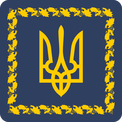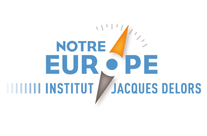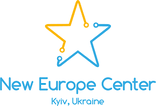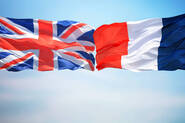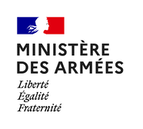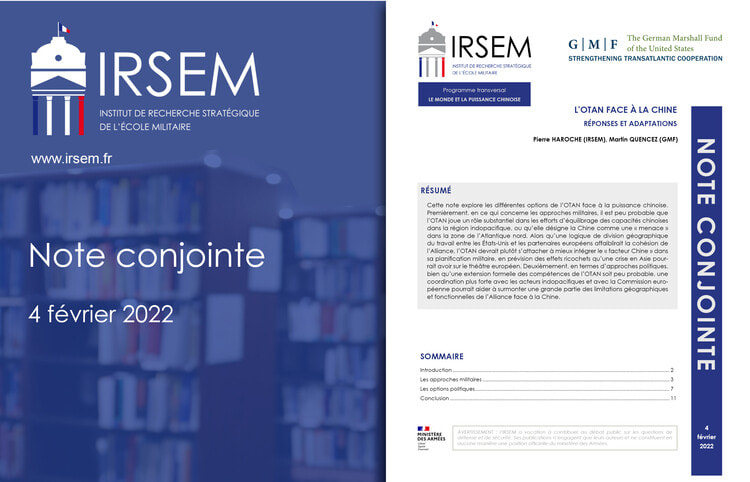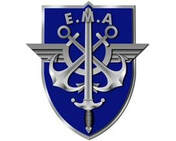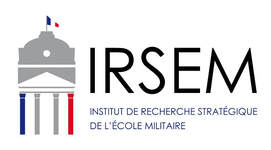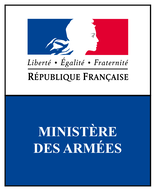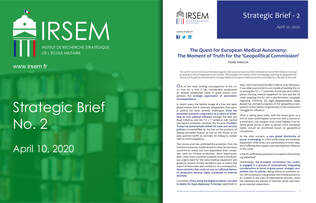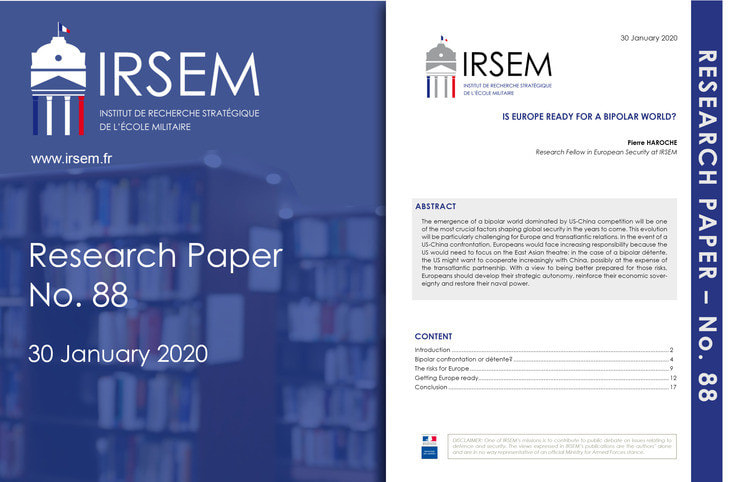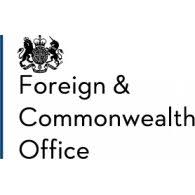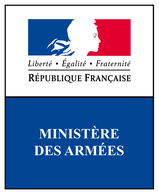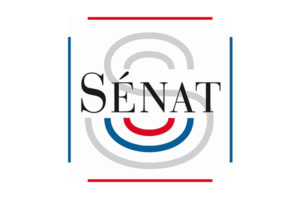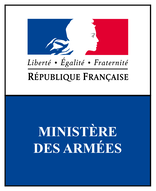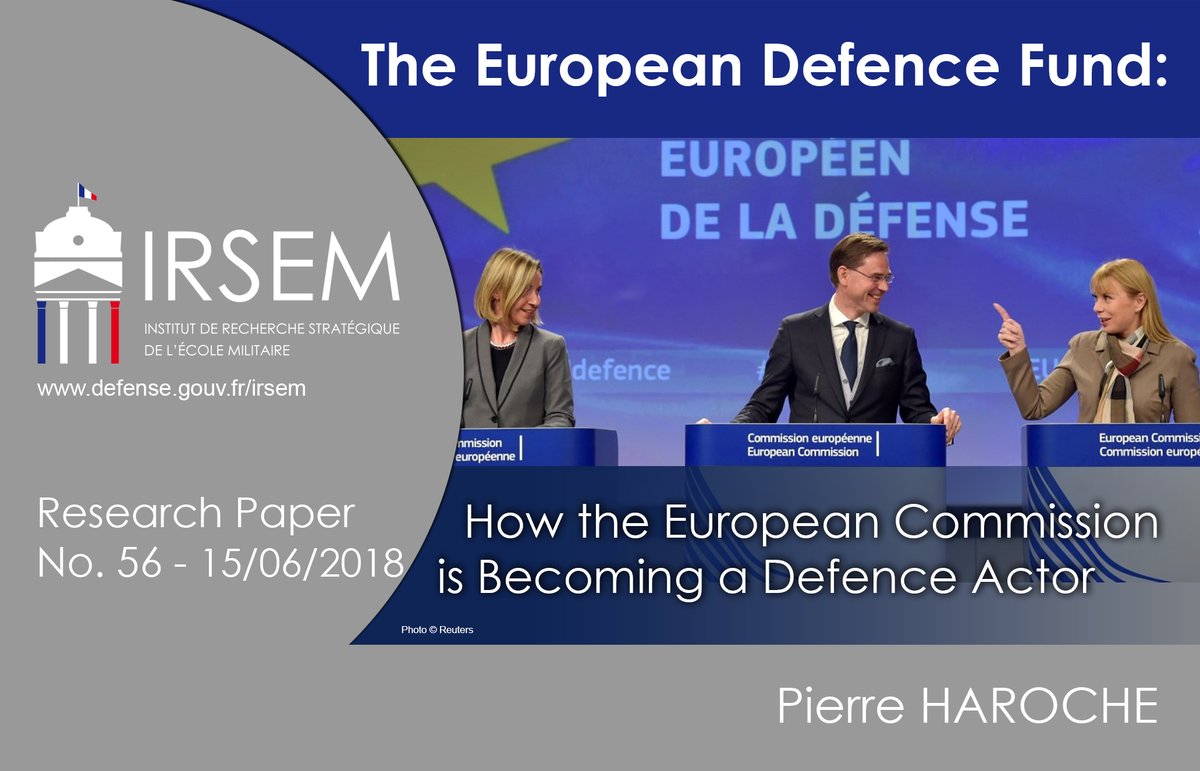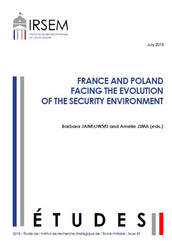Policy
|
Arsenal Europe: Financing Military Capabilities for Ukraine and EU Member States, Institut Jacques Delors, Policy Brief, 15 November 2023. |
|
Invited speaker at the 2nd EU Accession Exchange Forum, in Kyiv, 28 September 2023.
|
|
With Camille Brugier, 2027: The Year of European Strategic Autonomy, groupe d'études géopolitiques, 10 April 2023.
|
|
With Sarah Wolff and Christian Turner, A global ambition for the Franco-British relationship, LSE EUROPP – European Politics and Policy, 9 March 2023.
|
|
Interview in Euroquestions #56, "How can the European Union arm Ukraine ?", Institut Jacques Delors, 8 March 2023.
|
|
Quelles garanties de sécurité européennes possibles pour l’Ukraine ?, What security guarantees can the EU provide to Ukraine?, Institut Jacques Delors, Décryptage, 7 March 2023.
|
|
Vous avez dit « sphères d’influence » ? Le néoréalisme face à la guerre russo-ukrainienne, Le Rubicon, 16 February 2023.
|
|
Co-organisation of the French-British Strategic Dialogue, hosted by the Center for European Research at Queen Mary in Paris, 25 January 2023.
Foundation of the 'Bayeux Network'. |
|
Whose backyard? Realism and the shifting balance of stakes in Ukraine, LSE EUROPP – European Politics and Policy, 9 January 2023.
|
|
Why the EU needs a wartime investment plan, LSE EUROPP – European Politics and Policy, 8 September 2022.
|
|
L’Europe de la défense avance lorsque survient une crise, interview on the French Ministry for the Armed Forces' website, 24 June 2022.
|
|
With Martin Quencez, "L'OTAN face à la Chine: réponses et adaptations", IRSEM-GMF Joint Policy Paper, 2022.
|
|
Contribution to the creation of the Network of European Strategic Studies Institutions (NESSI), bringing together 16 European strategic research institutes, most of which are closely linked to the defense institutions of their country (Paris, 27 September 2021). |
|
"The quest for European medical autonomy: the moment of truth for the 'geopolitical Commission'", IRSEM Strategic Brief N° 2, 2020.
The current Corona crisis has set the ideal stage for external powers such as China and Russia to extend their influence in Europe by playing on the EU’s dependence and division. The European Commission, which is increasingly asserting the geopolitical dimension of its policies, should lead the strategic debate on European medical autonomy and solidarity in the face of this crisis. |
|
"Is Europe ready for a bipolar world?", IRSEM Research Paper N° 88, 2020.
The emergence of a bipolar world dominated by US-China competition will be one of the most crucial factors shaping global security in the years to come. This evolution will be particularly challenging for Europe and transatlantic relations. In the event of a US-China confrontation, Europeans would face increasing responsibility because the US would need to focus on the East Asian theatre; in the case of a bipolar détente, the US might want to cooperate increasingly with China, possibly at the expense of the transatlantic partnership. With a view to being better prepared for those risks, Europeans should develop their strategic autonomy, reinforce their economic sovereignty and restore their naval power. |
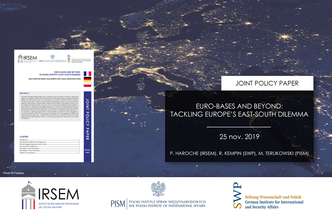
|
With Ronja Kempin and Marcin Terlikowski, "Euro-Bases and beyond: tackling Europe's East-South dilemma", IRSEM-PISM-SWP Joint Policy Paper, 2019.
The East-South geostrategic dilemma is a notorious source of tension in Europe, undermining defence cooperation within both NATO and the EU. This paper offers a proposal, seeking to address this dilemma through a new Permanent Structured Cooperation (PESCO) project. The Euro-Bases project would involve permanent arrangements and a sustained scheme to regularly rotate forces to shared military infrastructures located in the eastern and the southern neighbourhoods of Europe. Its primary aims would include signalling political solidarity in both directions, solidifying a 360-degree approach to threats and helping alleviate fears of abandonment among European partners. In the long term, through joint training in the field, the Euro-Bases project could contribute to the formation of a shared European strategic culture. Besides, by politically linking NATO’s territorial defence to the EU’s crisis management, it could contribute to EU-NATO convergence. The project could be prepared in 2020 by the three Weimar Triangle states – Poland, Germany and France – and remain open to all other interested states participating in PESCO. It could be launched with the fourth round of PESCO projects. |
|
EU defence policy is becoming increasingly supranational, LSE EUROPP – European Politics and Policy, 3 June 2019.
|
|
"The European Defence Fund: how the European Commission is becoming a defence actor", IRSEM Rsearch Paper N° 56, 2018.
The European Defence Fund represents the culmination of the European Commission’s progressive emergence as a defence actor. The origins of the European Defence Fund were marked by the Commission’s strong political commitment and activism. Because it has no legal competence in the area of defence, the Commission used its existing economic competences, which has led to a tension between economic and strategic interests in the negotiation. In order to be able to manage the European Defence Fund, the Commission will have to strengthen its technical expertise in the area of defence, which will likely lead to bureaucratic rivalry between the Commission and the European Defence Agency and the European External Action Service. More generally, the European Defence Fund is part of a new and broader focus on budgetary instruments in European Union defence policy, aimed at strengthening cooperation among member states. |
|
"France, Poland and the Relaunch of EU Defence Cooperation" in Barbara Jankowski and Amélie Zima (eds), France and Poland Facing the Evolution of the Security Environment, Etude de l'IRSEM N° 59, 2018, pp.77–84.
This article looks back at the causes of the revival of European defence in the 2010s. Several cyclical factors can explain this recovery: financial reasons, such as the crisis encouraging economies of scale, security reasons such as terrorism and political reasons, such as the election of Trump and Brexit. While the Member States have largely supported this revival, the author nevertheless points out that the EU is facing a geostrategic dilemma: the need to face security issues in both the South and East. However, from the example of EUFOR Bangui, he shows that this dilemma can be overcome by transactions between Member States. |
